Taking the Mickey! Why hotels should pay more notice to how Disney uses real-time data to enhance their guest experience.
Author: David Turnbull. Founding Partner, techtalk.travel
Forget about cobbling together your own hotel tech-stack, the hotel of the future will be onboarding their very own digital experience platform (DXP), one that has mapped out every inch of the customer journey to reduce friction and increase convenience and live interaction.
It’s therefore the wise hotel operator who can learn from Disney World, about how they use their most valuable assets (their in-house guests) as generators of real-time data to help them create unique, personalised physical and digital customer experiences.
It’s kind of fun to do the impossible
After watershed moments like the 5 Billion dollar fine imposed on Facebook by the FTC in 2019, it is very clear that companies of all sizes need to be very careful about how they go about tracking customer data.
So how is it that our dear friend Mickey (Disney World), which collects so much customer data, has been able to stay under the radar, and in fact become a positive role model for high tech / high touch customer experience?
Back in 2015, Wired did a great job of explaining this, demystifying” Disney’s Billion dollar “bet” on its Magical Wristband. In this, they outlined that, much more than just giving their permission, customers are apparently delighted to trade the use of their data in return for the “magic” of a friction free “disney” experience.
So how did they manage this? Well, there is an old saying. “If you want to hide the treasure, put it in plain sight”. Disney’s Magic Band is that “treasure” and has quickly become the most central aspect of the entire customer journey.
From its arrival at customers’ homes weeks before they arrive, this bulging band stuffed with RFID & radio chips, acts as a magical gateway to the ultimate family holiday experience, starting with their streamlined arrival at the airport all the way through to checking out at the end of the stay.
Customers instinctively understand that this magic band behaves like a personal remote control, saving them time and allowing them to quickly and conveniently consume goods and services on demand.
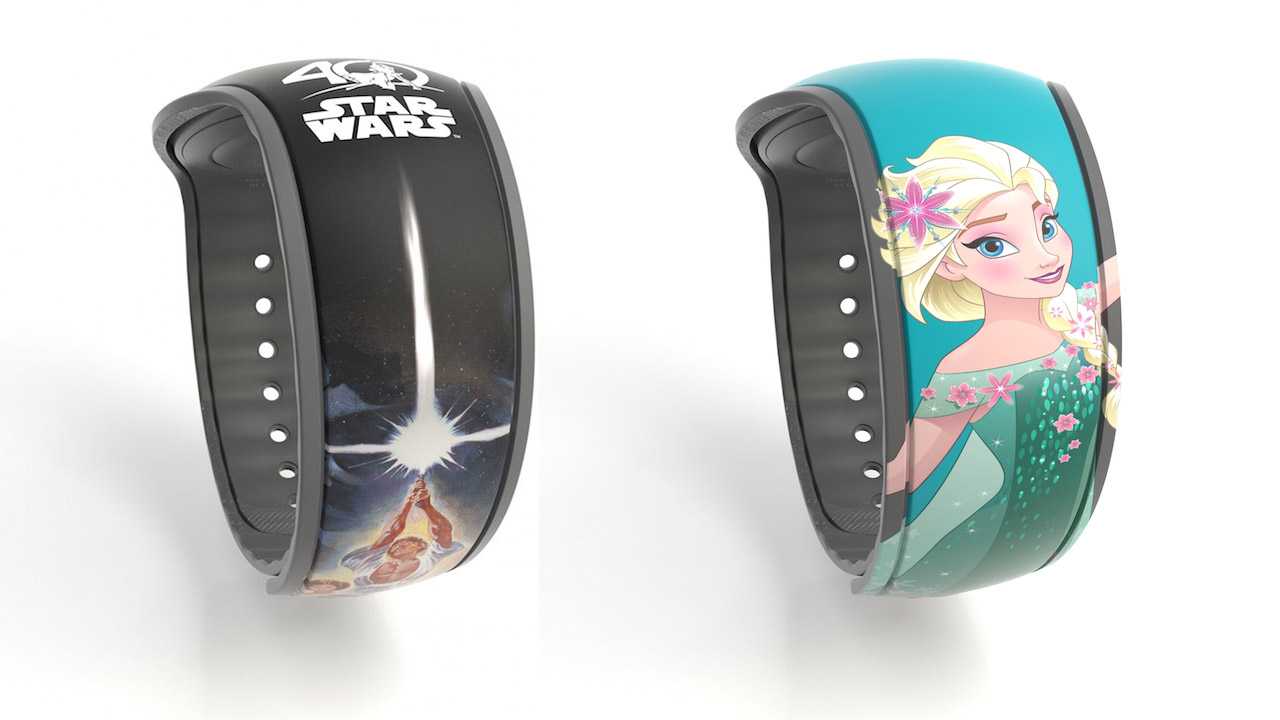
Your guest data is as perishable as your inventory
This is however in itself nothing unique. Pretty much any health club or leisure park these days will offer such wearable/RFID tech to fast track payment and offer digital access to physical products and services.
It’s what Disney does with the live (and ultimately perishable) data that it collects through the magic band (and customer app) that separates itself, in my opinion, from any other hospitality operator on the planet. Some obvious high tech / high touch examples include their ability to:
✓ Welcome a customer by name as they arrive at their restaurant
✓ Redirect staff when predicted surges in demand are expected
✓ Restock shops with weather apparel based on a change in forecast
With all of the above, there is one common denominator. Disney uses real-time data (via customers behaviour) to provide a better physical experience. They collect this data by populating their parks with thousands of sensors to measure, in real-time, customer behaviour (movement, footfall etc) or recognise and engage with specific customers. This unique, customer data is then processed by Disney’s customer platform into “live events”, that trigger a human response (more staff, greet a customer, deliver more stock).
The more successful these physical/digital experiences are, the more data Disney collects - all in the pursuit of perfecting the ultimate guest experience. And as the Wired article succinctly points out “No matter how often we say we’re creeped out by technology, we tend to acclimate quickly if it delivers what we want before we want it.*
This seems to run counter to the growing consumer concern about companies like Google, Amazon and Facebook’s approach to data privacy, and yet Disney seem to have resolved these by determining that data tracking is acceptable to customers when:
- There are highly visible advantages
- It is clear what data is being collected
Transparency and setting rules
Disney’s greatest advantage is that they don’t present themselves as a technology company. And yet, compared to most of the FAANG’s (whose very success is based on their ability to collect user data to increase customer experience) the examples above suggest Disney can do this just the same, if not even better.
What set’s Disney apart however is their requirement to ask for specific permission to collect data, whilst at the same time explaining why by “sharing their data” customers can expect a much better service.
The My Disney Experience mobile app, for example, is the only way customers can access features like their FastPass+ system to skip queues, view real-time data on waiting lines or make restaurant reservations. If the customer “opts” to stay offline they lose out on a whole bunch of added value features via the app that increase the customer experience. Of course, the trade off for using the app is that Disney, on top of the Magic Band has a second opportunity (via GPS tracking) to in a highly granular way, track peoples movement and behaviour throughout the park.
Other companies might try to “do evil” from collecting such data. Disney sees this as a huge opportunity to improve their predictive analytics (ride demand, staff and stock optimisation) as well as make long-term improvements to the park lay-out based on aggregated user trends.
Yet it seems customers are happy to accept this trade-off, as the service and experience is so consistently high and there are very clear explanations as to when this data tracking will start and stop (when they enter or leave the park).
Ultimately Disney seems to have understood the ethical nature of the data contract they enter into with their customers - a principle many other companies (especially the FAANGS) would be wise to follow.
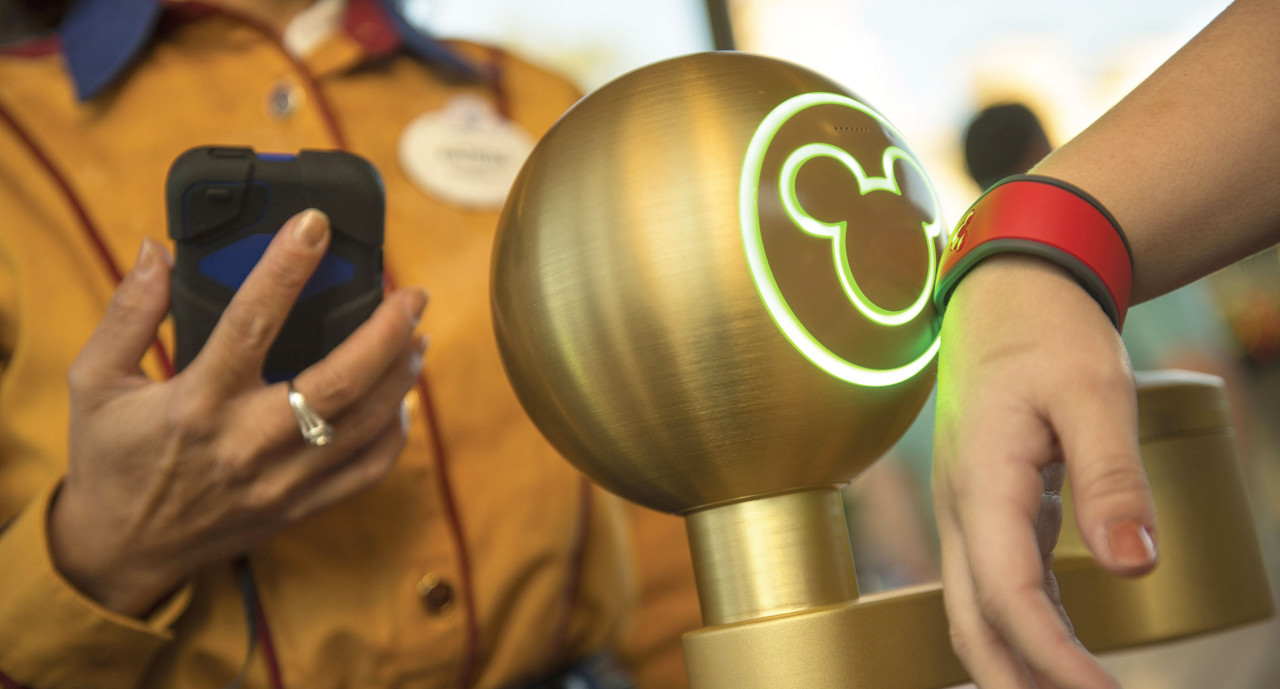
But I run a hotel, not a theme park!
Disney World is clearly a one-off. Few hospitality operators have a comparable brand, budget, space and product line-up to implement at the same scale of digital transformation.
However there are clearly huge opportunities for hotels who embrace the principles of Disney’s approach and invest into collecting real-time data. In practical and immediate terms, these could include:
- Problem Spotting: Predicting problems before they occur is a great mantra for any service operation. Real-time data (collected by in-house sensors) can ensure service staff are notified whenever there is a potential service issue about to occur (public restrooms need cleaning, breakfast buffet needs refilling, guest has left the room)
- Supply Chain Management: There is so much interchangeable inventory in hospitality that it can be a struggle to maintain optimal stock levels (especially of perishable goods). Having access to real-time analytics regarding stock levels allows better insights into areas such as supply and usage trends, triggering real-time purchasing / inventory management procedures that can significantly reduce costs and / or increase profit.
- Optimized Staffing: Especially for larger hotel operations, being able in real-time to predict and deploy surges in demand for specific services or departments, would enable hotels to transform their HR and recruitment policies. The ability being to hire and train more all-round staff who interchange roles depending on time of day rather than siloed per department.
- Real-Time Marketing: Is your restaurant below capacity tonight? Do you want to drive a younger customer segment into the bar? Using historical data regarding behaviour and buying practice, specific customers can be targeted via a guest or messaging app with real-time personalised offers during their stay.
What are my next steps?
You are probably years away from embarking upon the implementation of a digital experience platform, that has mapped out and optimised the entire physical and digital customer journey
However what we know today as the PMS, will soon evolve to manage the wider space we operate within and become much more focused on “collecting” the perishable and highly valuable data that is created onsite.
I see that as being the starting point in this high tech / high touch evolution for the industry, and would recommend any hotelier interested in this to undertake the following next steps:
- Map out how you currently collect and store inventory, staffing, and marketing data
- Assess where the opportunities lie to automate the process of data collection
- Identify where this real-time data can be stored.
In this article, I have purposely avoided any implicit reference to IoT, machine-learning and artificial intelligence. The reality is that all of the opportunities Disney have capitalised upon, had this in mind.
However by maintaining a pragmatic “we don’t know what we don’t know” mindset, they had an initial and simple focus on mapping out the customer journey and deploying at scale, opportunities to collect, store and learn from the data collected.
This new era of using real-time data to improve guest experience is clearly a marathon, not a sprint. The surprise in a few years will be to discover which hotels and brands have already invested in this type of approach – my question to you - will you be one of them?
Also, find these complementary content pieces on 'Real-Time Data in Hospitality'
- INFOGRAPHIC l A Heatmap - Real Time Data in Hopspitality
- PODCAST l Data integration with Real time Data as a way to increase profit margins, deepen customer loyalty and enhance operations? Iris Steinmetz, Silviu Preoteasa from Advanced Radio Mapping; Stephen Burke from Sciant and David Turnbull from techtalk.travel and denizen join André Baljeu to discuss.
- VIDEO l Real Time Data and the opportunities for hotels who embrace the principles of real-time data collection in order to improve customer experience and overall business.



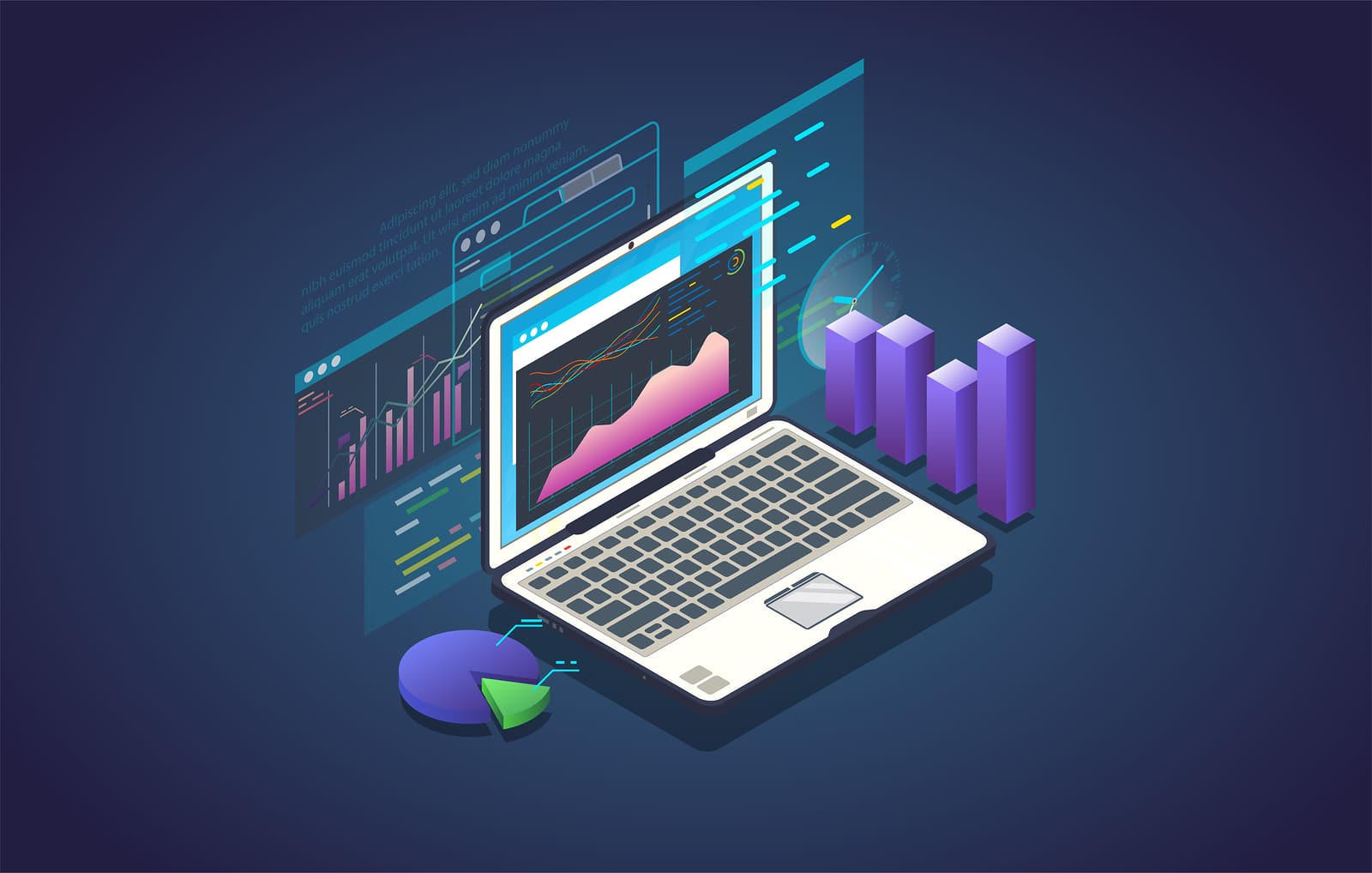
 Free download
Free download
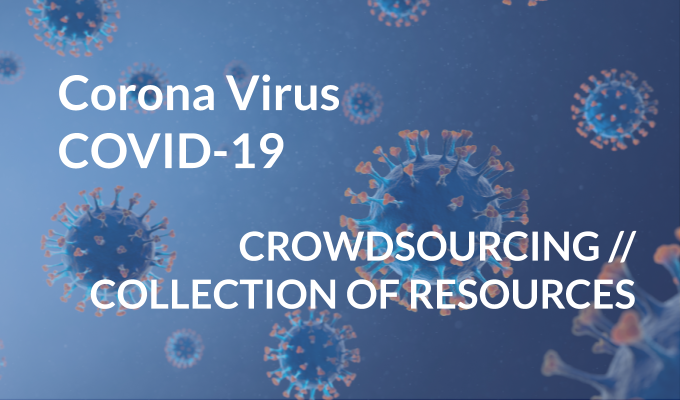
![V03: The History of Hotel & Travel Technology | [Updated] Infographic](https://techtalk.travel/storage/app/uploads/public/63f/e6f/ec8/63fe6fec80447817849943.jpg)
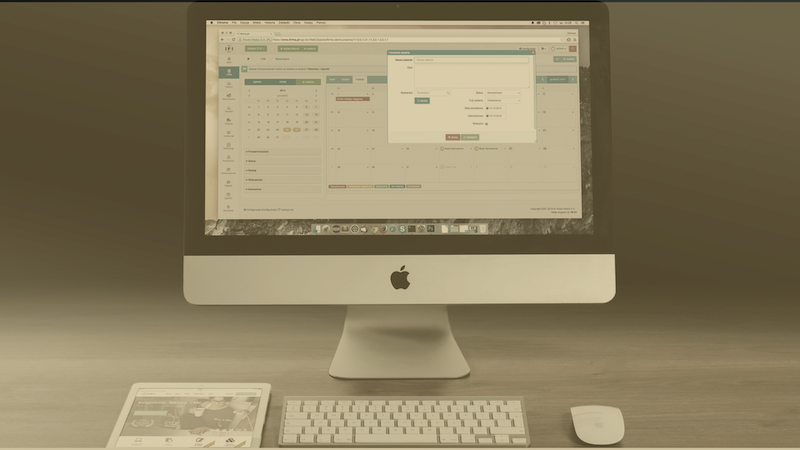
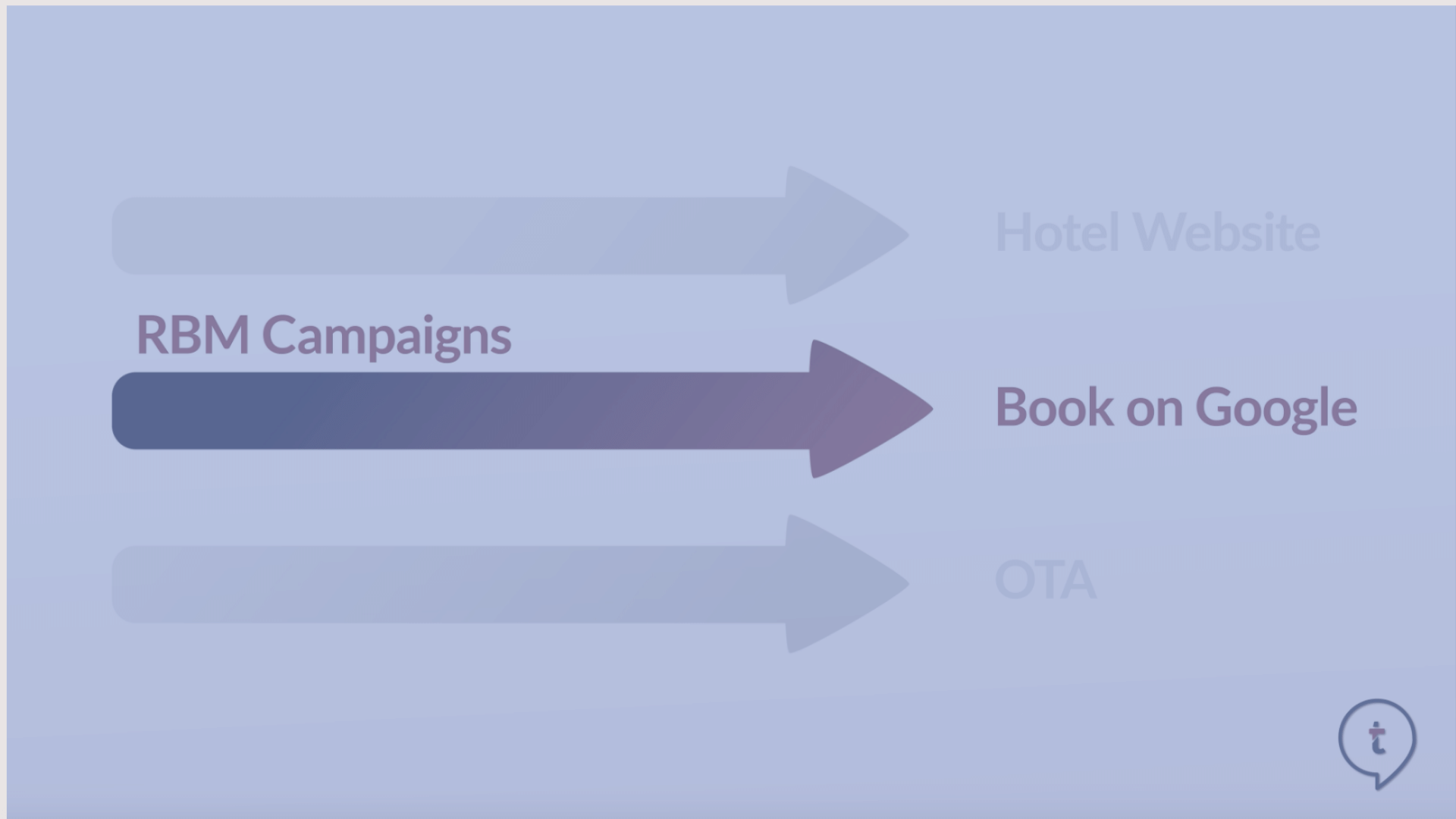

Create an account to access the content.
Get access to Articles, Video's, Podcasts, Think Tanks, Infographics and more.
Click “Sign In” to accept our
Terms of Service Privacy Policy